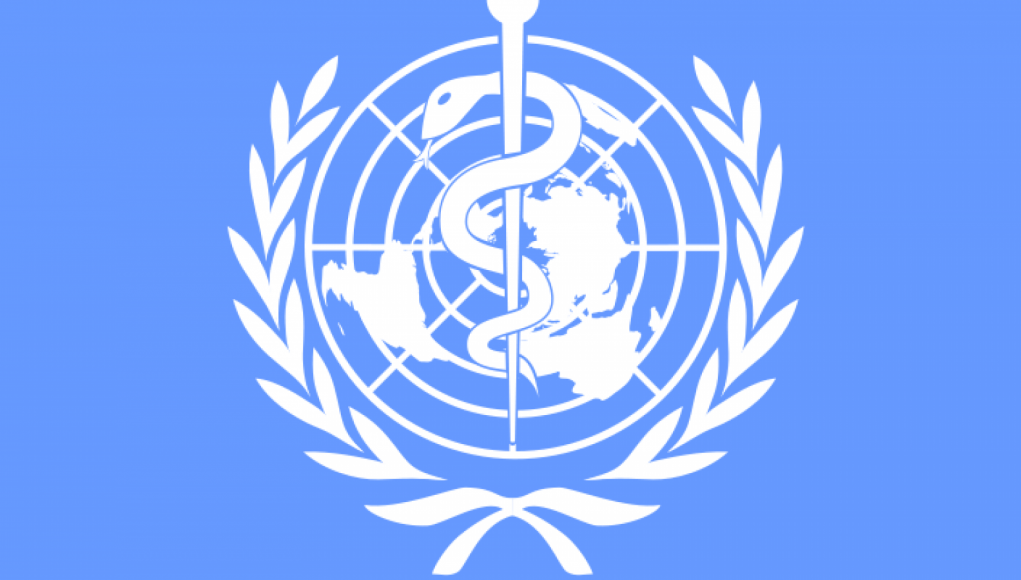CAPHRA, a coalition of safer nicotine consumers in the Asia Pacific region, has denounced the “concerning” report for lack of transparency. The group explained that the report failed to consider all the scientific evidence in favour of tobacco harm reduction strategies, such as the use of electronic cigarettes and heated tobacco products.
“The recommendations in this report may further hinder effective access to lower-risk products as a result of the Study Group’s Report in a region of the world with the most harm from combustible and unsafe oral tobacco use,” said the tobacco harm reduction group.
The WHO report fails to share data sources
Executive Coordinator of CAPHRA, Nancy Loucas, said the Study Group Report reviewed nine background papers and two horizon scanning papers, however they did not share the actual papers, or share reference links. Similarly, the Report also stated that their recommendations were assisted by discussions with “invited subject-matter experts”, however once again, the names of these experts were also not made known.
“Moreover, we are uncertain as to even the composition of the Study Group itself given that the relevant World Health Organisation website has not been updated since September 2017,” said the CAPHRA letter on behalf of member organizations that represent the millions of unpaid volunteer consumer tobacco harm reduction advocates, safer nicotine consumers and their families in the Asia-Pacific region.
“If the above papers are intended to ‘inform policy at a global level’, their content and the creators of that content should be publicly accessible and open to scrutiny,” added Loucas. “Given that there are hundreds, if not thousands, of potentially relevant papers, transparency requires, at a minimum, not only disclosure of the papers but also disclosure of the process used to select those papers.”
The WHO ignores the need for THR strategies in developing countries
CAPHRA said that the WHO Study Group has failed to consider the benefits that THR strategies can pose in countries where the most dangerous forms of tobacco are still readily accessible and widely used. “Regulations must be proportionate to the relative health risk they pose to the user, and such determinations must be based on current, robust scientific evidence.”
The coalition pointed out that while it acknowledges that the majority of evidence on heated tobacco products has been produced by their developers and manufacturers. Ie. tobacco companies. To this effect the products should be highly scrutinized, she said. However, the scientific data and evidence in their favour, and therefore their potential benefit, should not just be discarded. “It should also be acknowledged that similar dichotomies exist in other areas such as the pharmaceutical field. The data is the science, regardless of its source.”
About customizable “open systems”
CAPHRA also mentioned a part of the report which recommends banning refillable and flexible “open systems” products, which can be customized. These allow individuals to use a wide variety of e-liquid strengths and flavours.
“The recommendation to prohibit these adult-oriented products in favor of sealed ‘closed’ systems marketed mainly by the tobacco industry is inexplicable, and we are aware of no serious science which would support such a perverse result. Not only would such a move destroy the global multibillion-dollar independent industry, it would be a gift to the tobacco industry, solidifying their hold on the global nicotine market,” said CAPHRA.
The coalition said that ultimately the use of electronic cigarettes must be considered in the right context. “Whilst reducing combustible and unsafe tobacco consumption and the disease and premature death caused by their use are of critical importance, there must be a recognition of the continuum of risk associated with various nicotine-containing products. It does not serve the interests of public health to treat the lower-risk products in the same fashion as the most dangerous products.”













